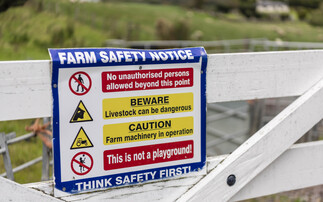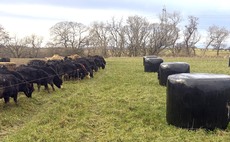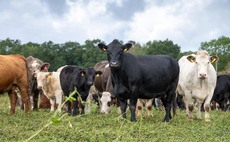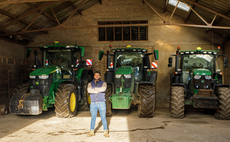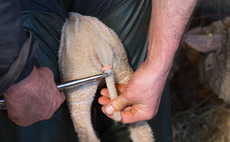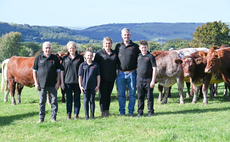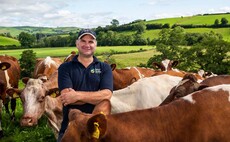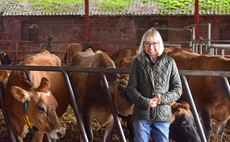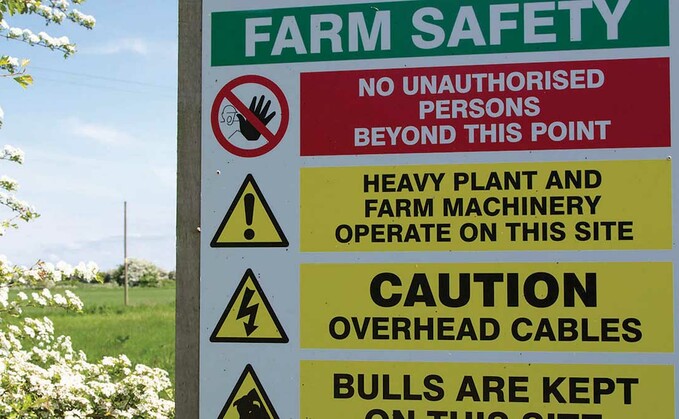
The industries with the highest number of deaths were construction with 35��and agriculture, forestry and fishing with 23.��
HSE chief executive Sarah Albon said: "Great Britain is one of the safest places in the world to work, but we must remember each of these deaths represents a tragedy for families, friends and communities.��
"Despite the stability in numbers, we cannot accept that fatal accidents are an inevitable part of working life. We are encouraged by the long-term trend but urge against complacency on workplace safety."��
READ MORE: On-farm Somerset restaurant serves home-produced Hereford beef
��
Agricultural deaths are down from 27 the previous year (2023-2024) but still higher than the year before that (2022-2023) which was 22. ��
David Exwood, deputy president at NFU said: "These figures are an improvement on last year but you are still far more likely to die as farmer than any other job. ��
"A culture change has started but if we want the numbers to keep reducing, we all have much more to do and we cannot leave it to others to worry about."��
Most farm deaths tend to happen during the summer months, during the harvest season. It is mainly due to farmers having to work continuous hours causing stress and tiredness. ��
READ MORE: Using genomics to generate progress in dairy herds
These figures are not just numbers. They are fathers, mothers, sons, daughters, families shattered, businesses broken, communities grieving says Stephanie Berkeley, manager at Farm Safety Foundation.��
"This month marks our 13th annual Farm Safety Week. Thirteen years of stories. Thirteen years of heartbreak. Thirteen years of lives changed forever. So, we must ask, why is farming still ‘unlucky for some'?" she said. ��
"Change does not come overnight. But it begins with one decision, one action, one conversation. We owe it to those we have lost. We owe it to those living with the consequences. And we owe it to the next generation of farmers across the UK. Because every life lost is one too many."








